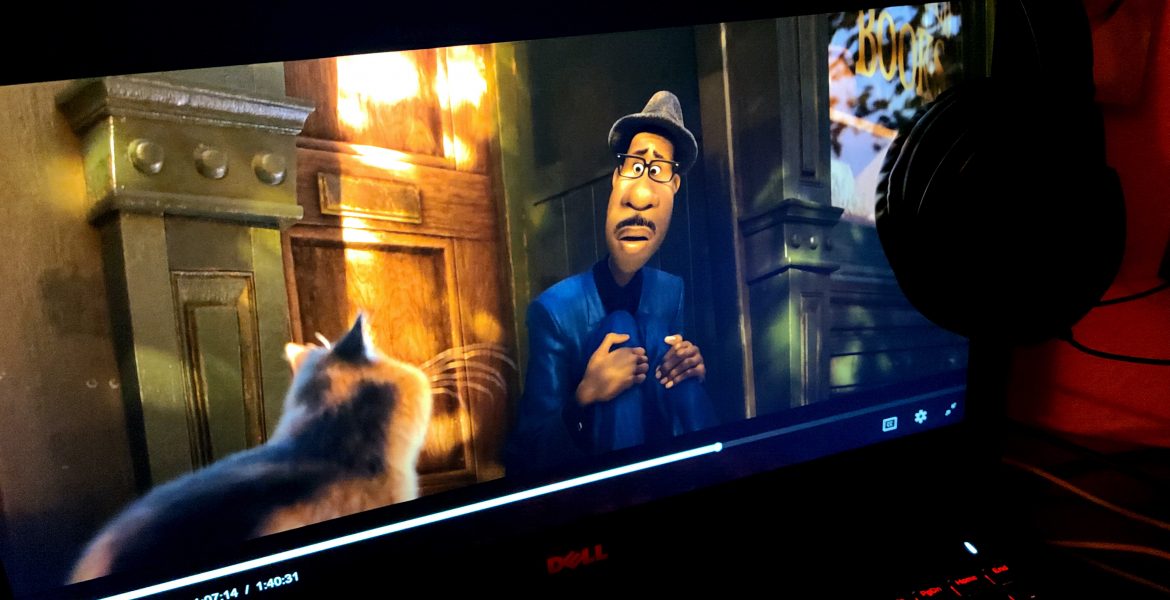There are several pieces of media released in 2020 that will forever be remembered for the positive impact they left on our society in the midst of social and political turmoil, and I have no doubt “Soul” will be one of them.
Disney and Pixar’s latest animated feature film came to Disney’s streaming service on Dec. 25, 2020, at a time in which many families found themselves home for the holidays.
Despite the lack of a wide theatrical release, the powerful messages that “Soul” presents couldn’t have reached audiences at a more opportune time.
**Spoilers Ahead**
“Soul” follows musician and middle-school band teacher Joe Gardner (voiced by Jamie Foxx) in his struggle to return back to his body on Earth after a sudden accident sends his soul to The Great Before – another plane of existence where new human souls are assigned personalities, quirks and interests before they are born.
While there, Joe teams up with the rambunctious soul 22 (voiced by Tina Fey), who agrees to help Joe in order to avoid a life on earth.
Despite its ‘PG’ rating, “Soul” explores complex ideas relevant to adults and children alike in a similar fashion to 2015’s “Inside Out.” Where the questions “Inside Out” raised were purely inward, however, “Soul” alludes to broad, philosophical ideas of human purpose and the value of life.
This is also Pixar’s first film with a black lead, boasting a cast of multiple characters of color who are shown throughout the film.
Despite these achievements in diversity, under its surface, “Soul” still struggles in the way it handles its cast, specifically its black protagonist.
Interestingly, “Soul” shares similar issues with Disney Animation Studios’s first black-led film, “The Princess and the Frog”, whose similarities quickly became jarring to me upon my recent viewing.
In both films, the hard-working black leads express unique interests that are constantly brought into question by other characters. Early on, both Joe and Tiana also lose much of their agency by being transformed into different non-human forms, a heavily scrutinized trope found in several animated films featuring characters of color (Disney’s “Brother Bear”, Blue Skies’s “Spies in Disguise”, etc.).
Due to pressure presented by the films’ narrative, both Joe and Tiana ultimately lose much of their initial passion in their interests in exchange for valuing life and love, respectively.
Though it doesn’t stray far from the familiar beaten path laid out by animated films before it, “Soul”’s ultimate message of cherishing the life you live now couldn’t have come at a better time, when many of its viewers find themselves isolated and reflecting on their own mortality in the face of an ongoing pandemic.
When so many of us struggle to see past the chaos and cruelty laid bare on the news, a film like “Soul” isn’t only restorative, but almost essential viewing.






